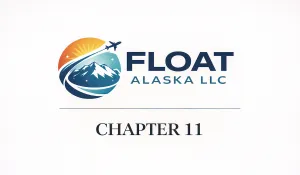Case Summary: Bar Louie Chapter 11
Bar Louie has filed for Chapter 11 bankruptcy for the second time in five years, seeking to restructure $70 million in debt amid macroeconomic pressures and rising costs, backed by DIP financing from its existing lender.
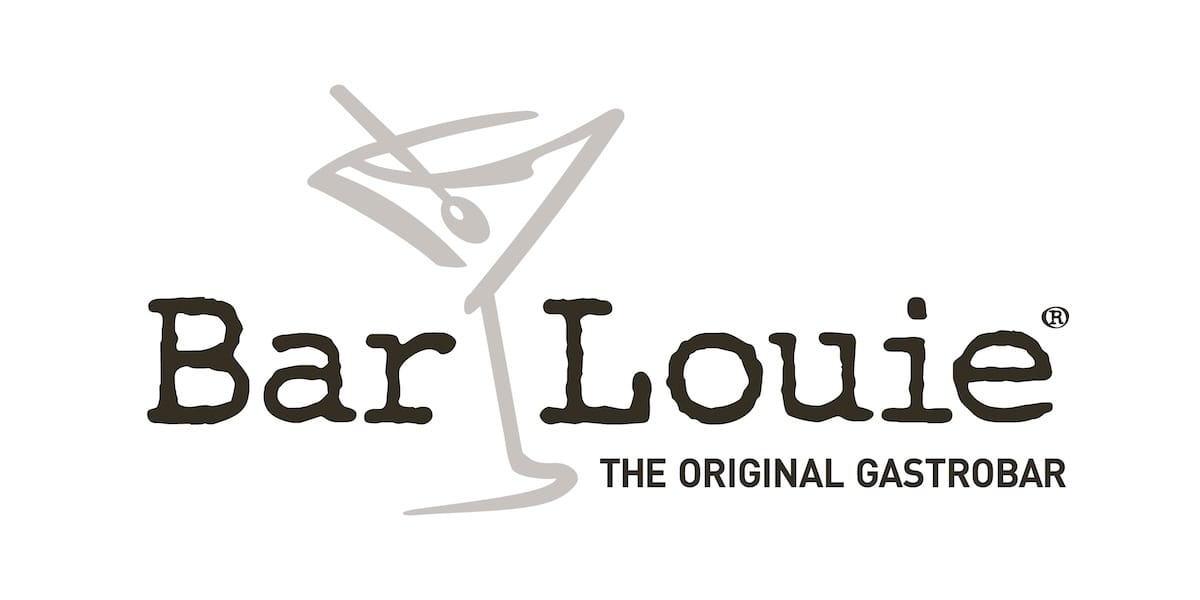
Business Description
Headquartered in Addison, TX, BLH TopCo LLC (dba Bar Louie), along with its Debtor⁽¹⁾ and non-Debtor affiliates (collectively, "Bar Louie" or the "Company"), operates a casual dining restaurant and bar chain known as “the Original Gastrobar.” The concept aims to blend a neighborhood tavern feel with an upscale twist, offering handcrafted cocktails, local beers, wines, and American comfort food in a relaxed, locally customized atmosphere.
Positioned in the competitive casual-to-upscale dining segment, Bar Louie targets young professionals and groups in urban and suburban lifestyle centers and nightlife districts. Each location features a prominent central bar and aims for a "progressively hip" vibe distinct from typical sports bars.
Prior to its March 2025 Chapter 11 filing, Bar Louie operated 48 locations (31 corporate, 17 franchised) across 19 states, employing roughly 1,400 people.
The Company's financial distress was evident in fiscal year 2023, according to audited statements (see Exhibit A below):
- Revenue dipped slightly to $142.6 million from $144.6 million in FY2022, despite an extra operating week (53 vs. 52).
- Net loss ballooned to $14.6 million, nearly tripling from $5.3 million the prior year, driven by higher interest expense, impairment charges, and the absence of prior one-time gains (like PPP loan forgiveness).
- Year-end cash dwindled to a constrained $1.9 million (from $3.7 million), pressured by weak operating cash flow ($1.6 million) and capital expenditures.
- The Members' Deficit deepened significantly to $(20.1) million from $(5.5) million, reflecting persistent losses and balance sheet insolvency.
Bar Louie filed for Chapter 11 protection on March 26, 2025, in the U.S. Bankruptcy Court for the District of Delaware. As of the Petition Date, the Debtors reported $1 million to $10 million in assets and $50 million to $100 million in liabilities.
⁽¹⁾ For a complete list of Debtor entities, see the organizational structure chart below.
Corporate History
Bar Louie was founded in Chicago, IL, in 1990, with the first unit opening in 1991 under restaurateurs Roger Greenfield and Ted Kasmir. Conceived as a neighborhood tavern with an eclectic menu and lively atmosphere, the concept gradually expanded within Chicago and select other markets.
To facilitate growth beyond its home base, Bar Louie Development, Inc. was established in 2005, launching the brand's franchising program. By 2010, the chain had grown to 46 locations (combined corporate and franchise).
Sun Capital Ownership and Debt-Fueled Expansion (2010–2019)
Private equity firm Sun Capital Partners acquired Bar Louie in 2010 and pursued aggressive, debt-funded national expansion. The chain peaked at around 134 locations by 2019.
However, rapid growth outpaced operational controls, leading to declining sales, inconsistent brand experiences, and placement in challenged retail environments. Profitability eroded, and a 2019 sale attempt failed due to the Company's significant debt and operational issues.
First Chapter 11 Bankruptcy (2020)
Facing mounting losses and unable to service its roughly $110 million debt load, Bar Louie filed its first Chapter 11 on January 27, 2020, after abruptly closing 38 underperforming units. The bankruptcy aimed to shed debt and unprofitable leases. Just as the COVID-19 pandemic hit, forcing dining room closures nationwide, the Company shuttered another 22 locations.
In April 2020, Antares Capital LP, acting as agent for the secured lenders, acquired the business via an $82.5 million credit bid. Bar Louie emerged in June 2020 with significantly less debt and a footprint of 73 locations (50 corporate, 23 franchised), now owned by its former lenders.
Post-2020 Struggles and Second Filing (2020-2025)
The reorganized company, led by CEO Tom Fricke initially and later Brian Wright (appointed Sept. 2022), navigated pandemic challenges but struggled to regain solid footing. Despite efforts to stabilize and focus on core strengths, the unit count steadily declined, signaling continued fragility. Audited financials for FY2023 confirmed these persistent challenges, showing widening losses and dwindling cash.
Facing persistent headwinds and unable to overcome its financial burdens, Bar Louie filed for its second Chapter 11 protection on March 26, 2025, after closing another 14 underperforming corporate locations, shrinking the corporate portfolio to 31 units.
Corporate Structure

Operations Overview
Since emerging from its first bankruptcy in 2020, Bar Louie has operated as a privately held company owned by Antares Capital and affiliated investors. As of the 2025 filing, Brian Wright serves as CEO, supported by a management team and, more recently, turnaround consultant Leslie Crook as Chief Administrative Officer and restructuring expert Teri Stratton as sole director.
Real Estate and Concept Execution
Bar Louie's historical reliance on leasing high-visibility spots in lifestyle centers and malls became a liability amid declining retail foot traffic. While the 2020 bankruptcy provided some lease relief, substantial obligations remained a pressure point, evidenced by significant lease liabilities and impairment charges in FY2023. The 2025 filing seeks further optimization.
Restaurant operations, typically running late morning to late night, saw a post-pandemic decline in the late-night daypart. The sales mix remains heavily skewed towards beverages (approx. 51%), making bar execution critical. Average Unit Volumes (AUVs) recovered somewhat post-pandemic but lagged historical peaks on an inflation-adjusted basis (see Exhibit B below).
These operational headwinds, combined with industry-wide cost inflation impacting food, beverage, and labor, significantly pressured margins and contributed to the widening losses reported in FY2023.
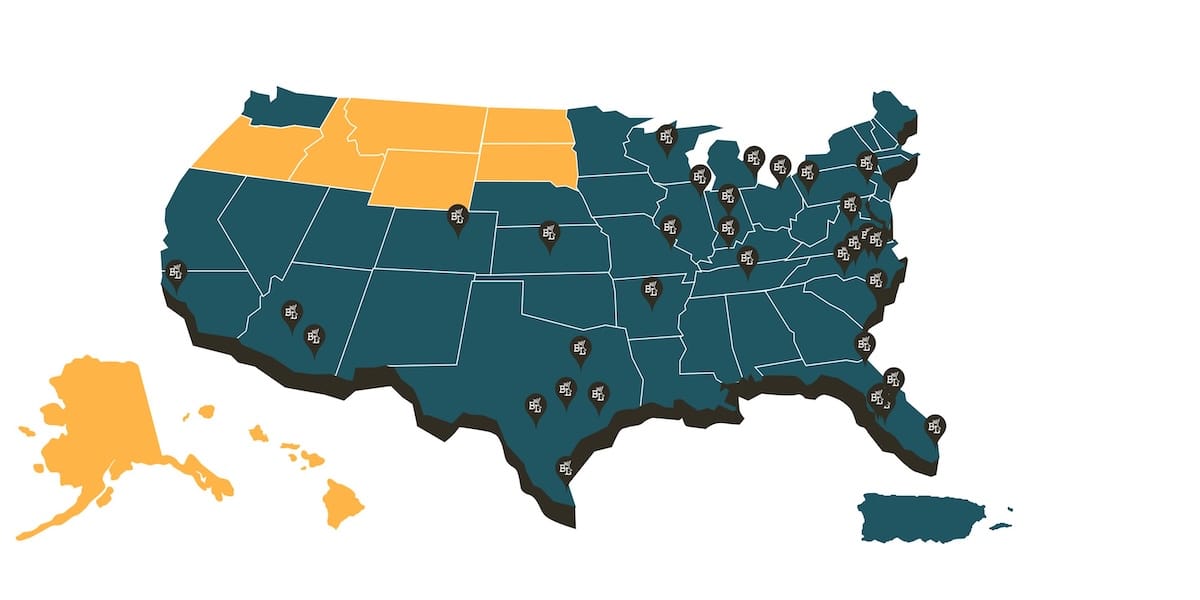
Labor, Technology, and Franchising
Like others in the industry, Bar Louie faced post-2020 labor challenges. It utilizes technology like the 1Huddle training platform and FusionPrep kitchen management system to aid consistency. Marketing blends national campaigns with local efforts, emphasizing the "Original Gastrobar" brand.
The Company maintains a modest franchise system (17 units pre-filing) and made efforts in 2023 to recruit new operators.
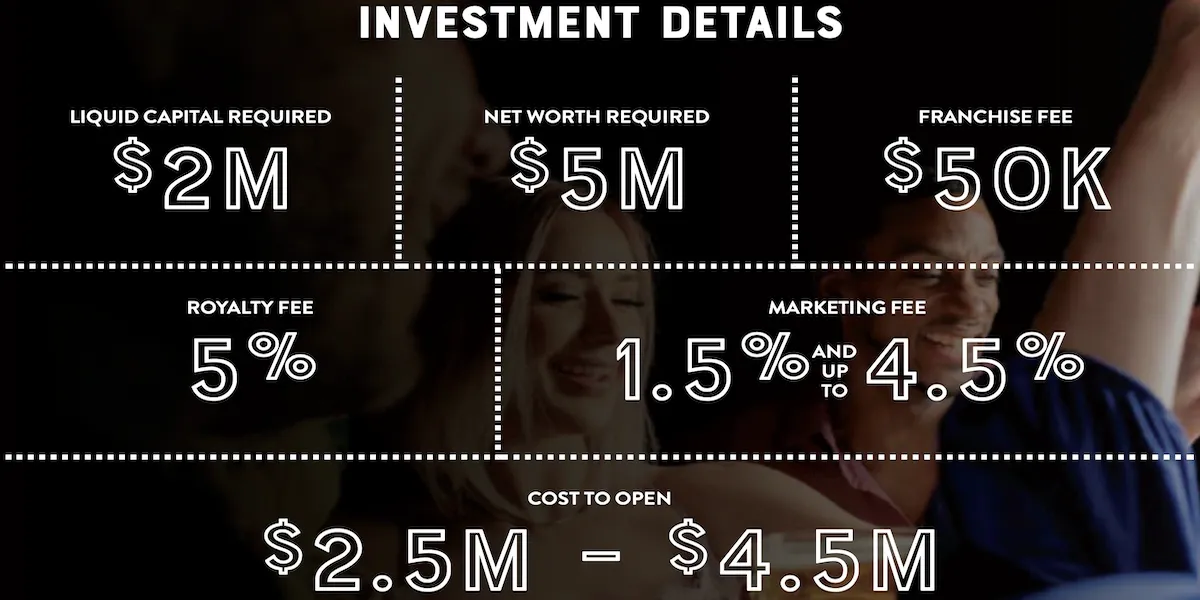
Prepetition Obligations

Top Unsecured Claims
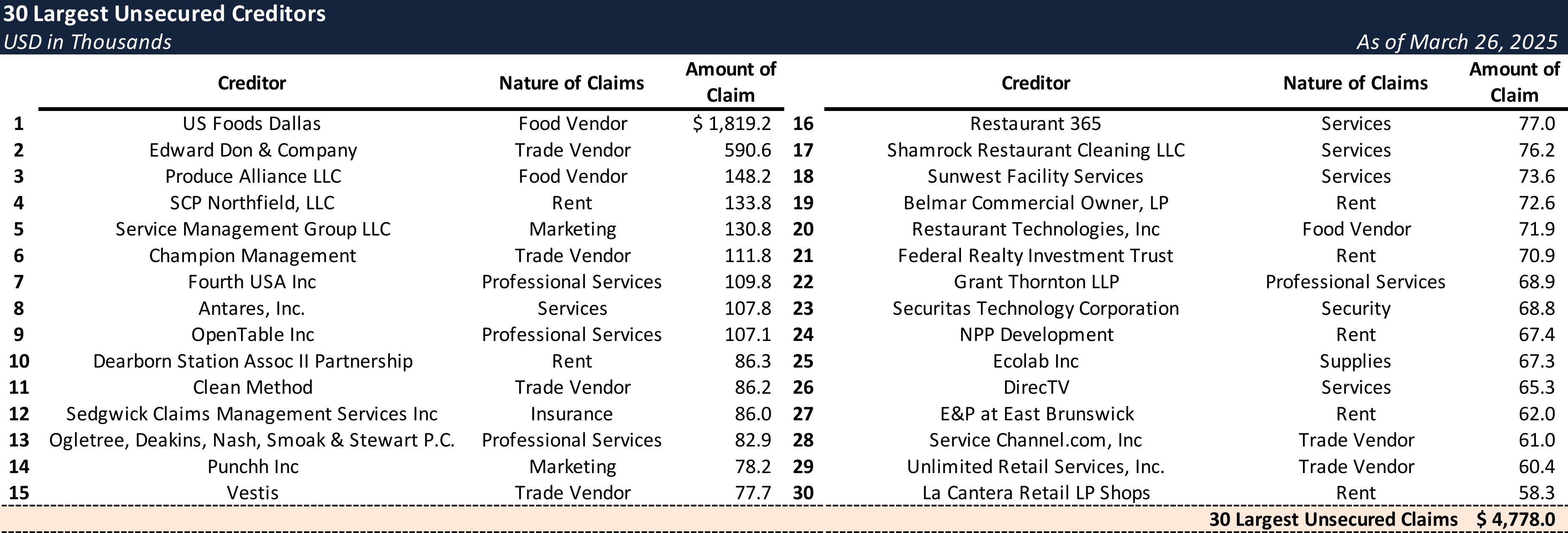
Events Leading to Bankruptcy
Bar Louie's second Chapter 11 filing in five years resulted from a confluence of factors that stifled its recovery after the 2020 restructuring.
Post-Emergence Headwinds and Financial Deterioration (2020-2023)
Despite emerging with less debt, the Company faced immediate pandemic restrictions followed by intense inflationary pressures on food, labor, and operating costs. An initial sales rebound proved fleeting. The financial strain became starkly evident by the end of fiscal year 2023, as audited results revealed:
- A net loss widening dramatically to $14.6 million.
- Year-end cash critically low at $1.9 million.
- Operating cash flow ($1.6 million) inadequate to cover debt service and reinvestment needs.
- A deepening Members' Deficit ($(20.1) million), underscoring balance sheet insolvency.
Sluggish Sales and Shifting Dynamics (2023-2024)
Same-store sales stagnated and then declined. Key drivers included changing consumer habits (less late-night patronage), challenges at mall and lifestyle center locations suffering from reduced foot traffic, intense competition, and potential lingering brand perception issues from the prior bankruptcy.
The significant financial deterioration observed in FY2023 continued into 2024. Internal metrics showed bar-level EBITDA down nearly 39% year-over-year in November 2024, and year-to-date EBITDA through early December 2024 was down approximately 9%. Cost inflation outpaced revenue, and price increases met consumer resistance.
Failed Turnaround Efforts and Looming Maturity (2024 - Early 2025)
Management attempted several fixes: operational adjustments (pricing, cost savings), overhead cuts, and exploring a sale via Kroll Securities (June 2024 - Feb 2025), which yielded no actionable offers. Negotiations with lenders and landlords brought limited success.
Compounding these operational struggles and severe liquidity constraints was the looming April 2025 maturity of the Company's secured credit facility (approximately $70 million outstanding as of the Petition Date), creating immense refinancing pressure. With cash dwindling and out-of-court solutions exhausted, the Company closed 14 underperforming locations.
Second Bankruptcy Filing and Objectives (March 2025)
On March 26, 2025, BLH TopCo LLC and affiliates filed for Chapter 11 relief. The filing aims to facilitate a reorganization focused on:
- Deleveraging: Substantially reducing the secured debt load (stated as approx. $70 million near filing), likely via a debt-for-equity swap.
- Portfolio Optimization: Using Chapter 11 tools to reject leases for closed stores and renegotiate terms for the remaining 31 corporate and 17 franchise locations.
- Operational Stability: Maintaining business continuity during the restructuring.
DIP Financing
To fund operations through the Chapter 11 process, the Delaware bankruptcy court granted interim approval for a $2.625 million DIP financing package from the existing prepetition lender, Bar Louie LLC.
- The facility includes $1.35 million in new money and a $1.275 million roll-up of prepetition debt, secured by superpriority liens and bearing 12.5% interest.
The Company also received interim authority to use the lender's cash collateral. A final hearing on the DIP was scheduled for April 21, 2025.
DIP Budget

Exhibit A – Audited Consolidated Financial Statements (FY2023 & FY2022)
Exhibit B – Historical Annual Gross Sales of Franchised Units
Stay informed on every Chapter 11 bankruptcy case with liabilities exceeding $10 million. Subscribe for free to have our coverage delivered directly to your inbox, and explore our full archive of past summaries.
If you’re already a subscriber and would like to receive timely filing alerts, please reach out and we’ll add you to the distribution list.
